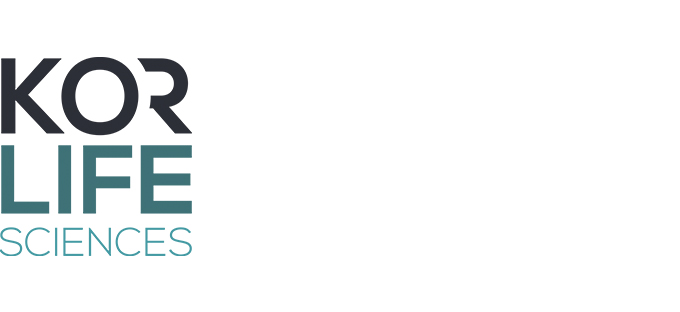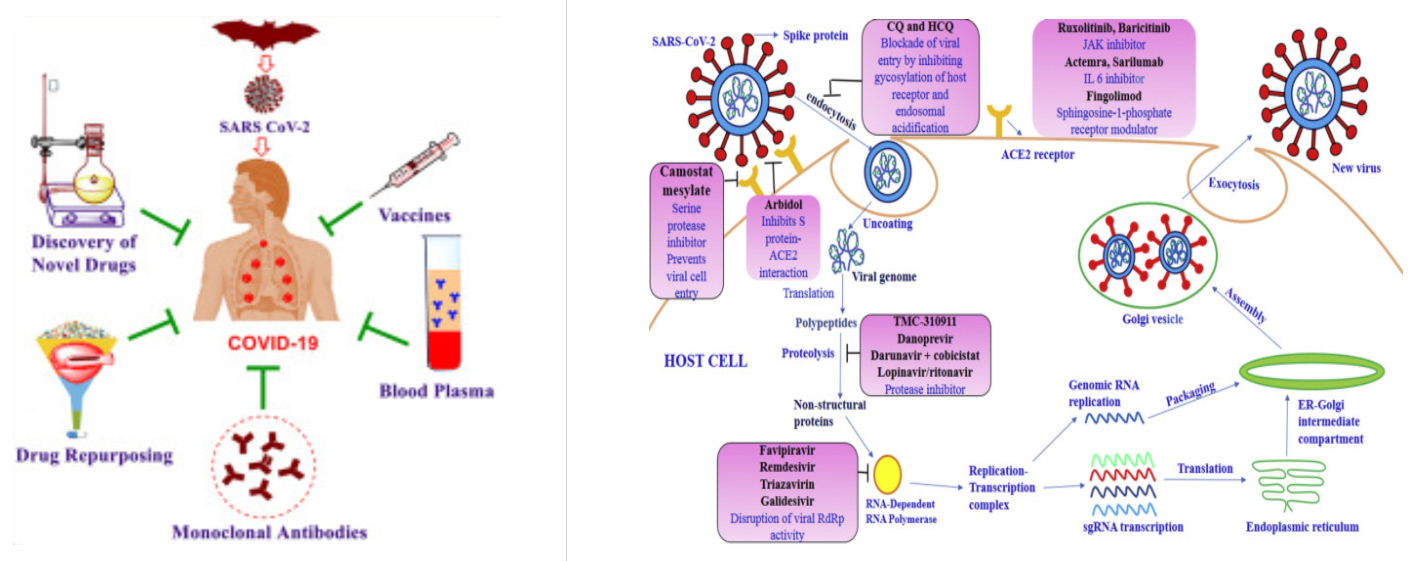Novel Therapeutic Strategy to Combat COVID-19
The global effort to combat and contain the coronavirus disease 2019 (COVID-19) caused by the recently discovered severe acute respiratory syndrome coronavirus 2 (SARS-CoV-2) is now proceeding on a war footing. The world was slow to react to the developing crisis, but once the contours of the impending calamity became evident, the different state and non-state actors have raced to put their acts together. The COVID-19 pandemic has blatantly exposed the shortcomings of our healthcare system and the limitations of medical science, despite considerable advances in recent years. To effectively tackle the current pandemic (almost unprecedented in the modern age), there is an urgent need for a concerted, sustained, and coordinated effort towards the development of new diagnostics, therapeutics, and vaccines, and the ramping up of healthcare infrastructure, especially in the poorer underprivileged nations. Towards this end, researchers around the world are working tirelessly to develop new diagnostics, vaccines, and therapeutics. Efforts to develop new therapeutics against COVID-19 are presently underway in several countries around the world.
Figure 5. Life cycle of SARS-CoV-2 and potential therapeutic targets for COVID-19
A likely scenario is that people will need a booster dose of a COVID-19 vaccine within 12 months of getting fully vaccinated. Somewhere between six and 12 months there will be annual revaccination, but that has yet to be confirmed. Again, the variants will play a key role. Meanwhile, the Pfizer COVID-19 vaccine was more than 91 percent effective at protecting against the coronavirus and more than 95 percent effective up to six months after the second dose. Moderna’s vaccine was also shown to be highly effective at six months. This raises more crucial questions with equally ambiguous answers. A vaccine is not a silver bullet even if one (or more) is proven safe and effective. Vaccines are notoriously difficult to make and distribute. People will continue to contract the virus because some will not get vaccinated and because the vaccine may not be effective for everyone, particularly older populations at higher risk for illness and death. To drive down COVID-19 deaths, we need a diversified strategy that also includes new therapeutics. Life cycle of SARS-CoV-2 and potential therapeutic targets for COVID-19 is shown in Figure 5.
Figure 6. Molecular Signature of Drug and SARS-CoV-2
So far, only two drugs have demonstrated a therapeutic effect against COVID-19 in randomized clinical trials: the antiviral remdesivir and the common steroid dexamethasone. Remdesivir reduced the recovery time for infected patients and dexamethasone reduced mortality for the sickest patients. The search for more effective drugs is belatedly underway. More realistically, we will need to manage COVID-19, and possibly other novel viruses, for years to come. A vital therapy is needed to combat COVID-19 and its variants. We must prioritize their development now. If we do, we will be rewarded with resilient health systems, a stronger economy, and longer lives.
To date, there is no new therapeutics to combat the SARS-CoV-2/COVID-19 and the number of new cases and mortality multiplies every day. Therefore, it is essential to develop an effective therapeutic strategy to control the virus spread and prevent the disease. Here, we summarized the therapeutic approaches that we will be working on to suppress this virus, excessive inflammation, and cytokine storm followed by acute respiratory distress syndrome. Our strategy is shown in Figure 6.
A new understanding of disease.
Our mission is to develop & deliver oncology, cardiovascular, and other therapies for patients with high unmet medical needs.


